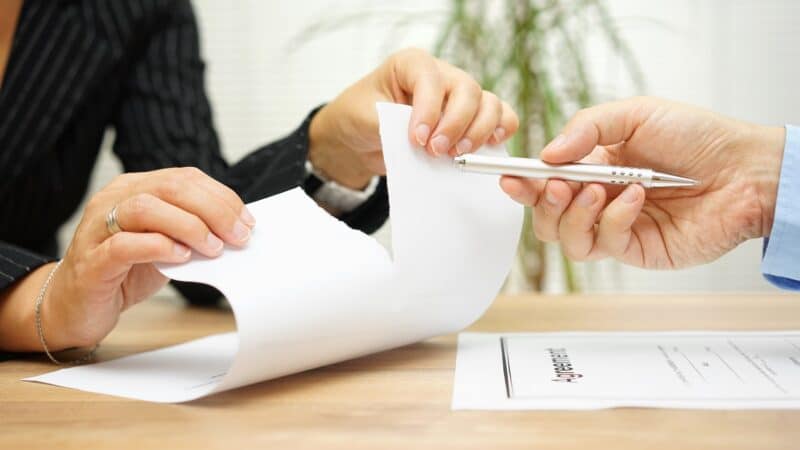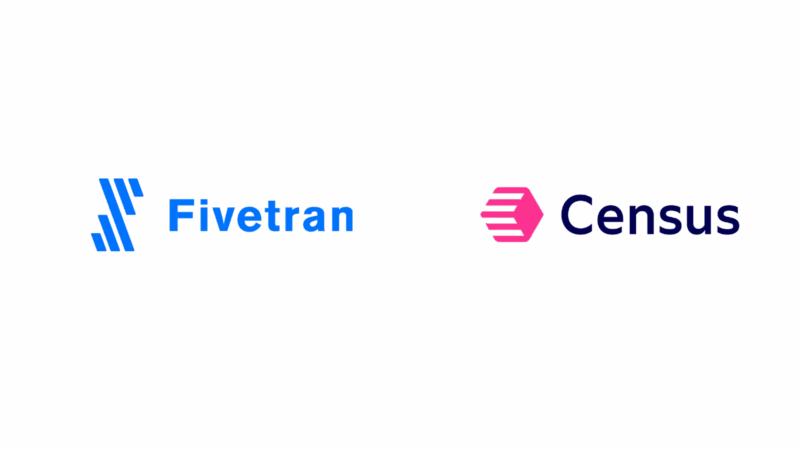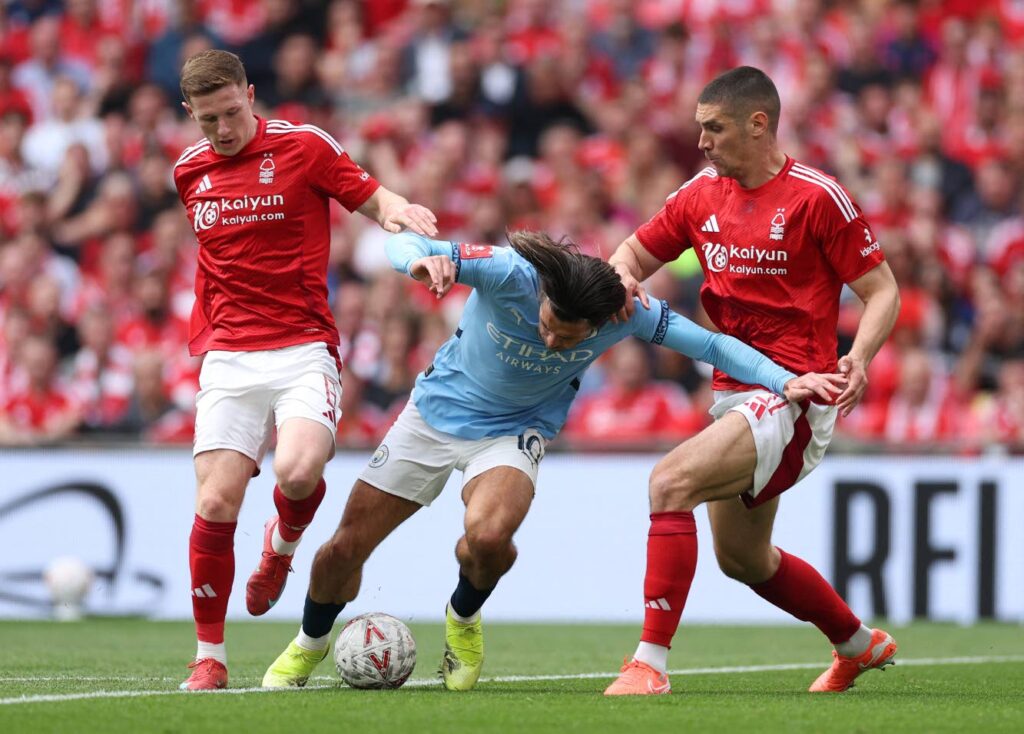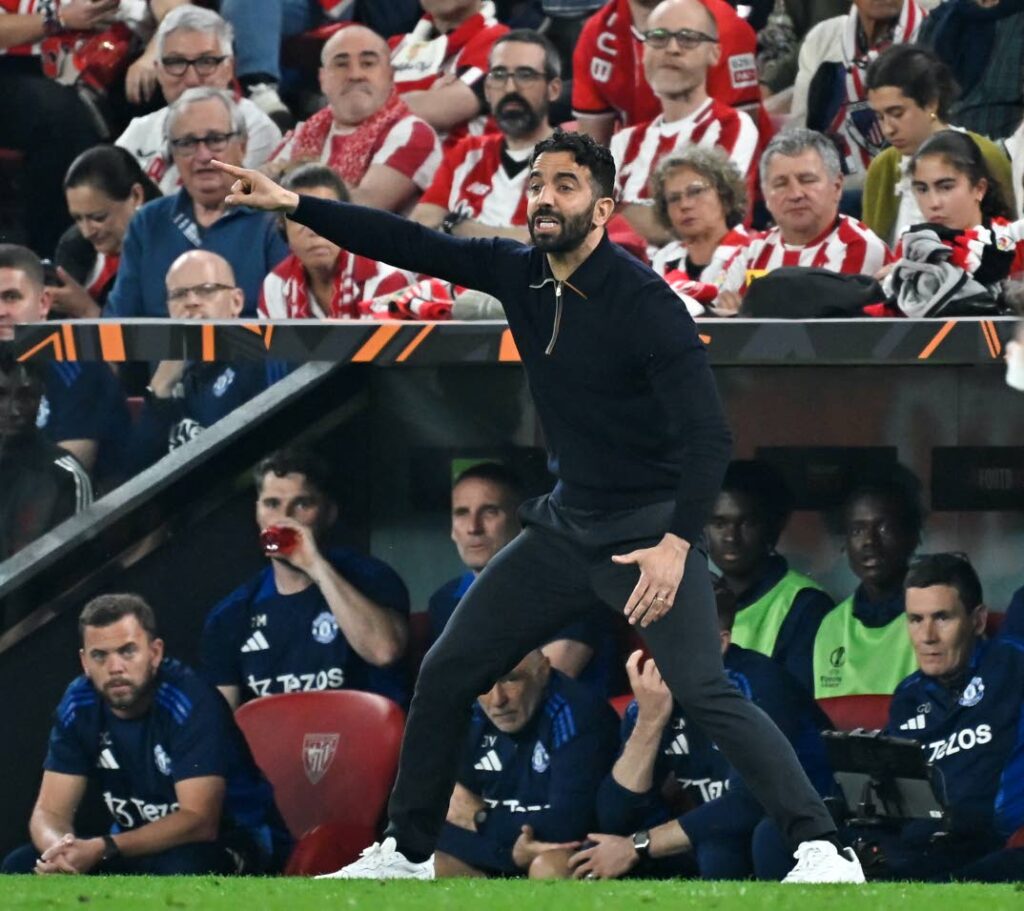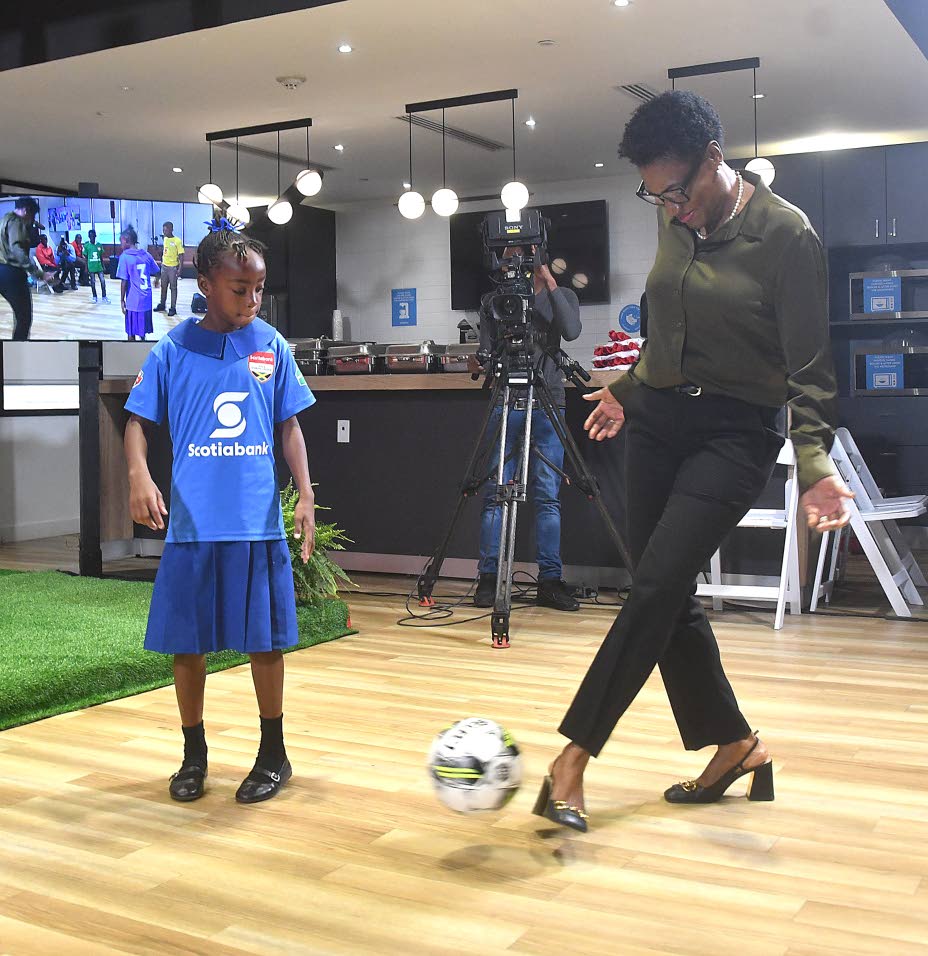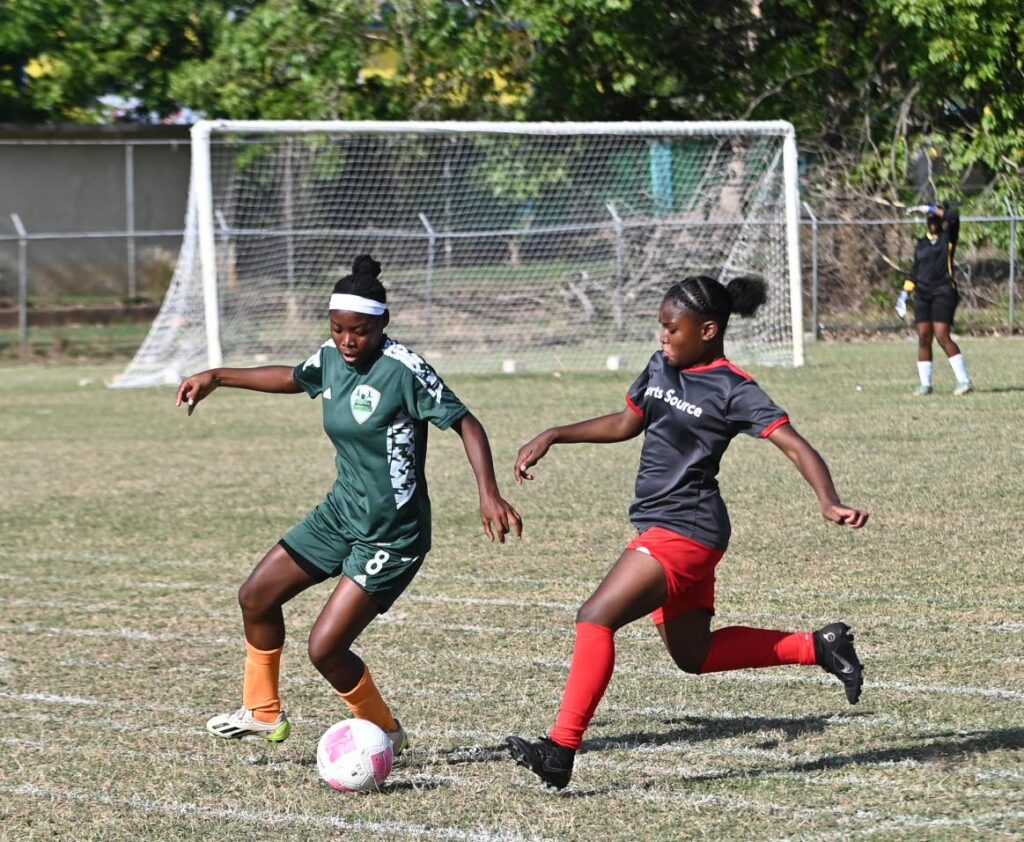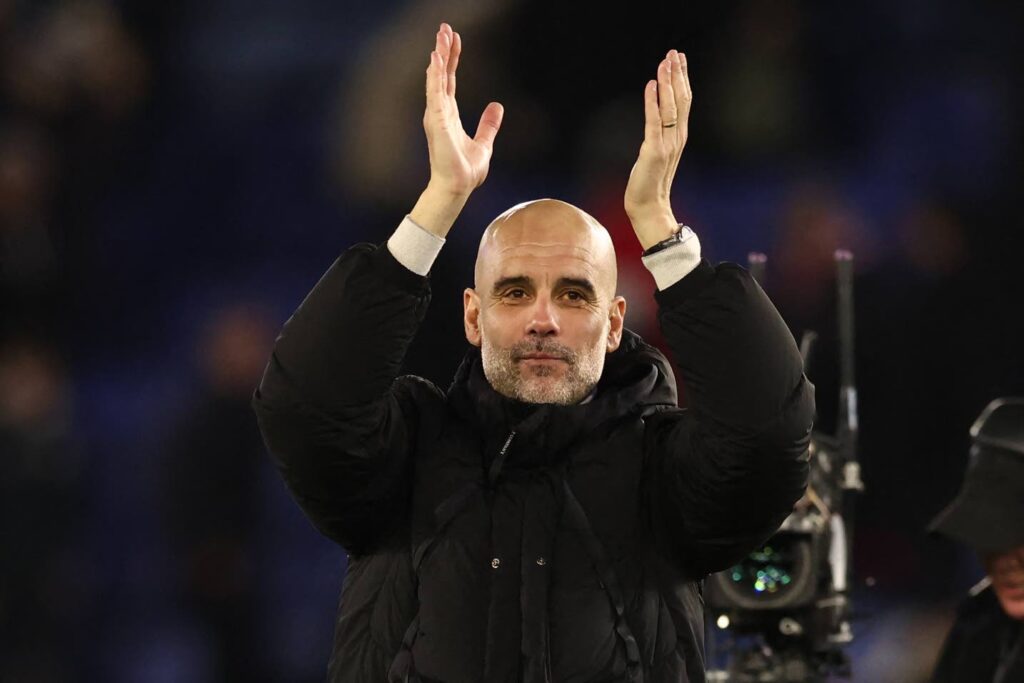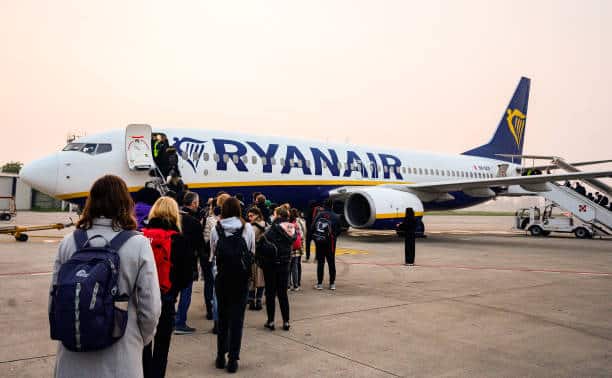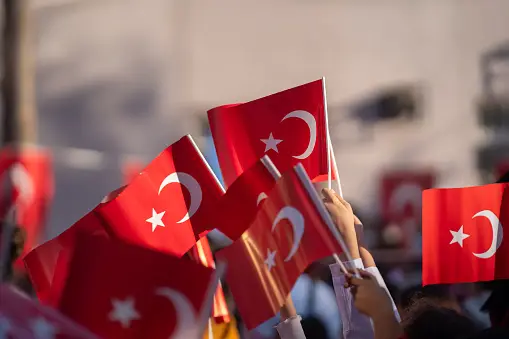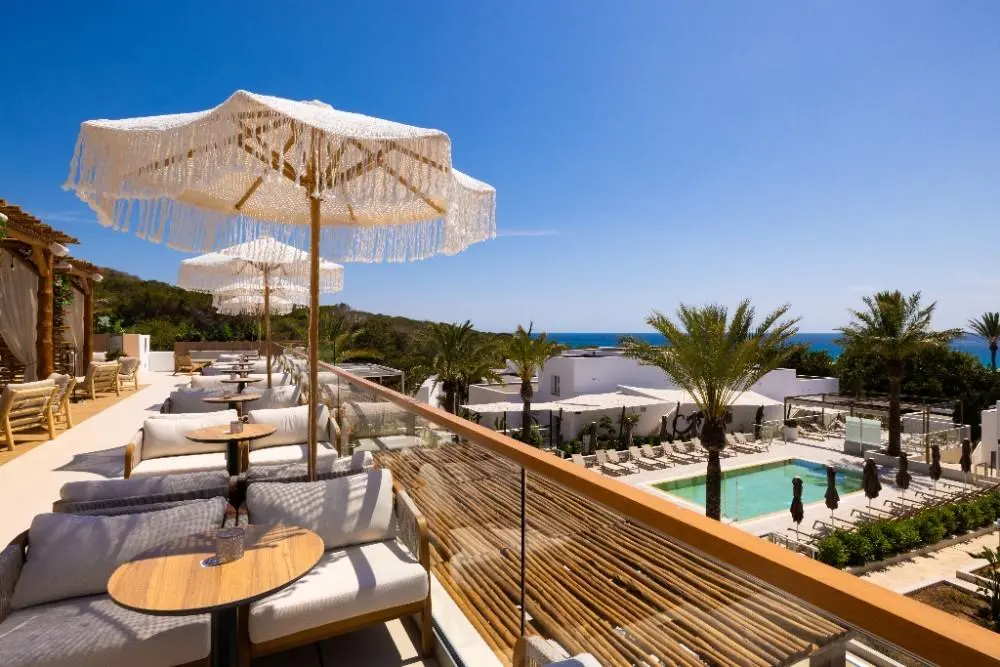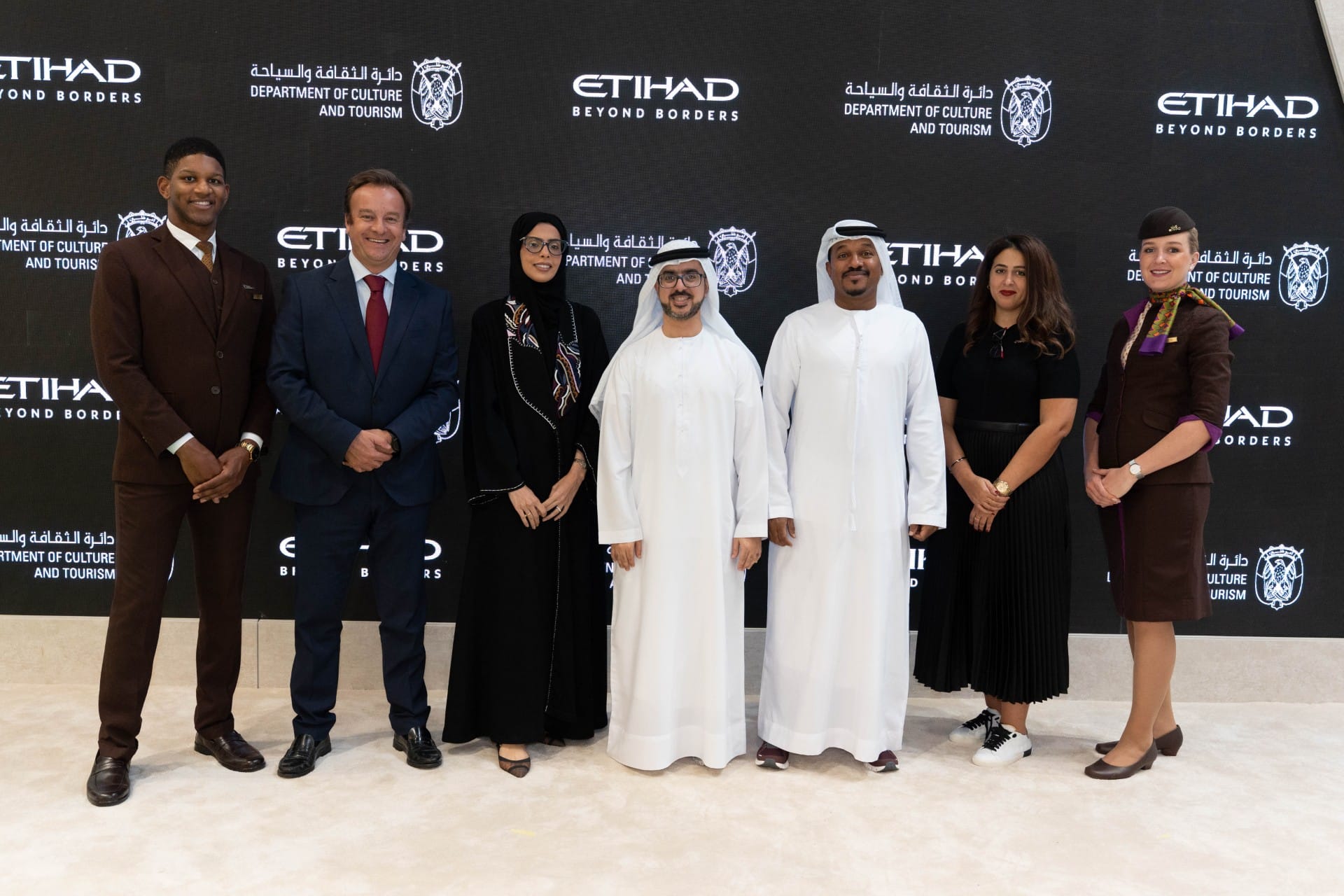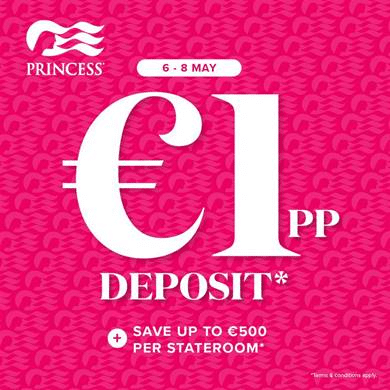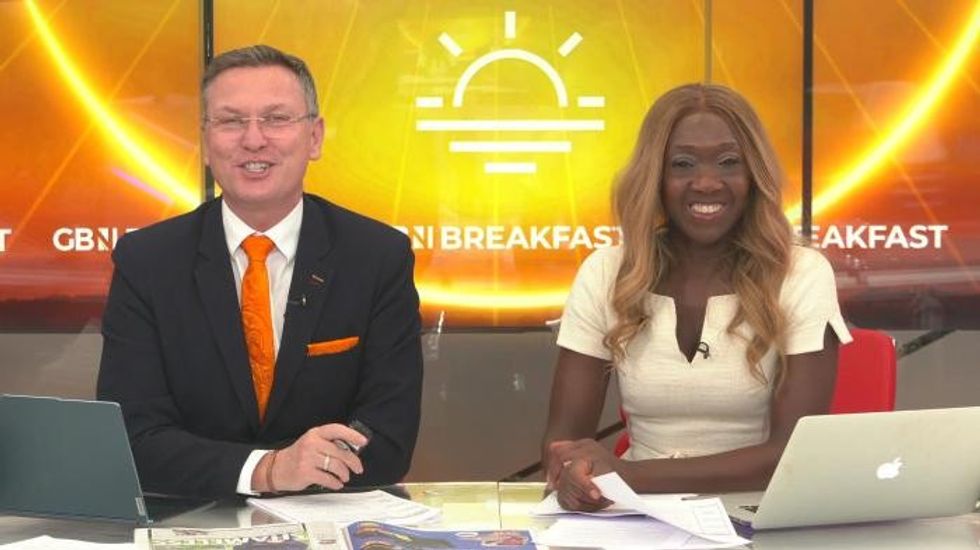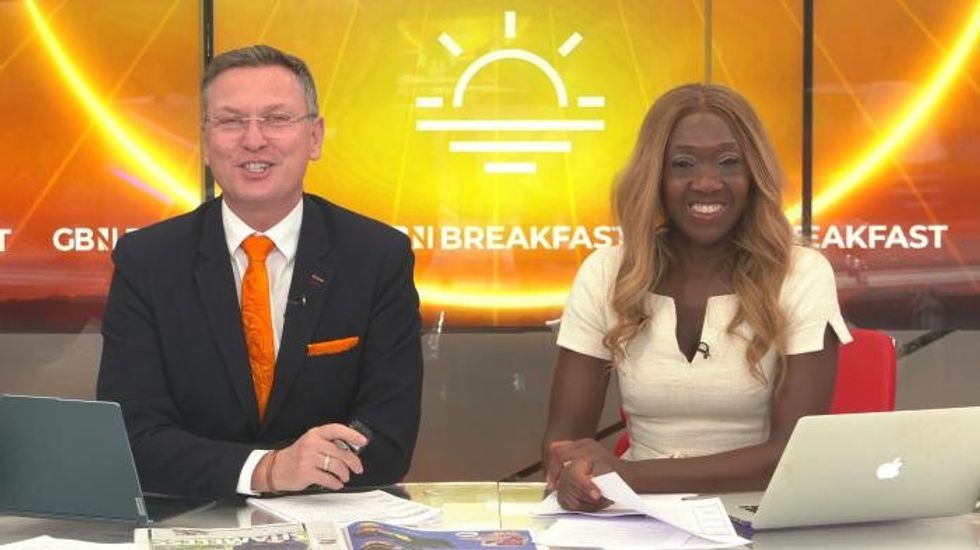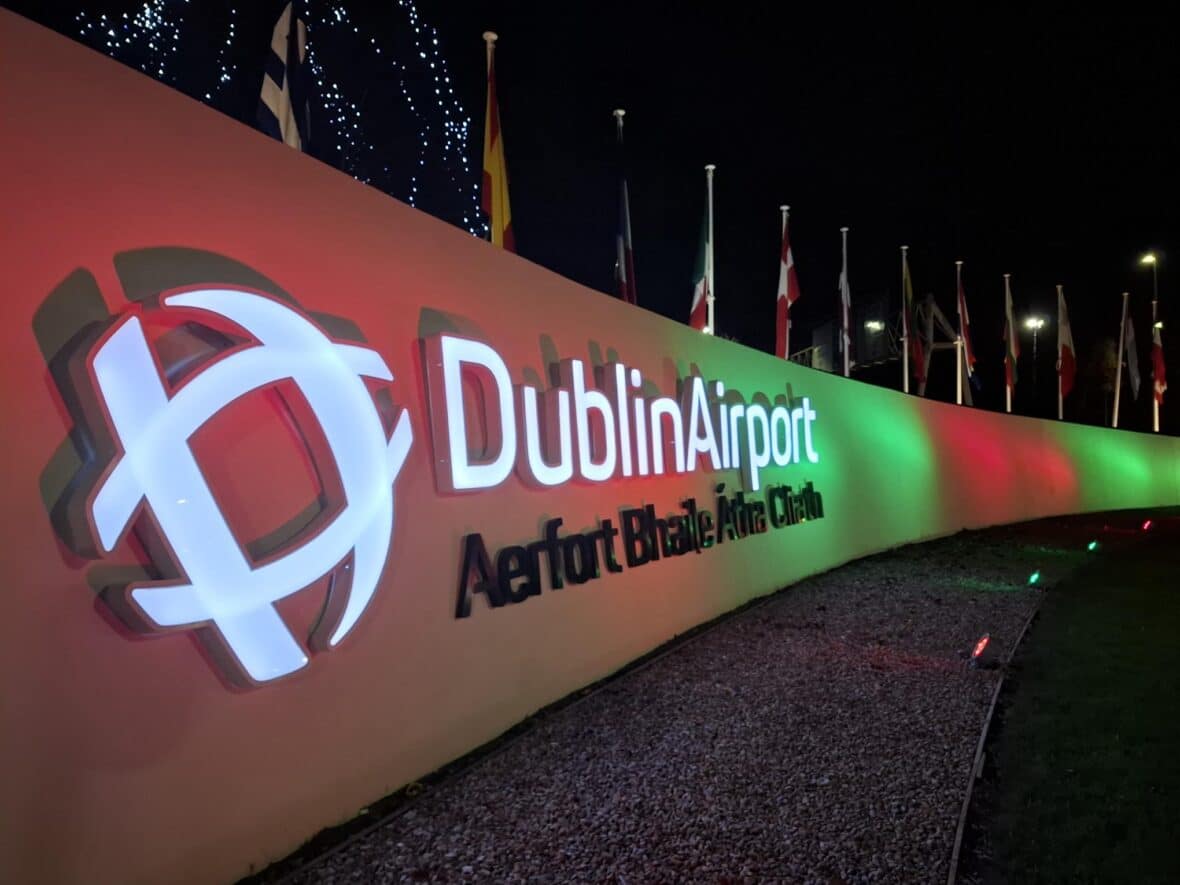Jamaica’s bold, historic Paralympic step
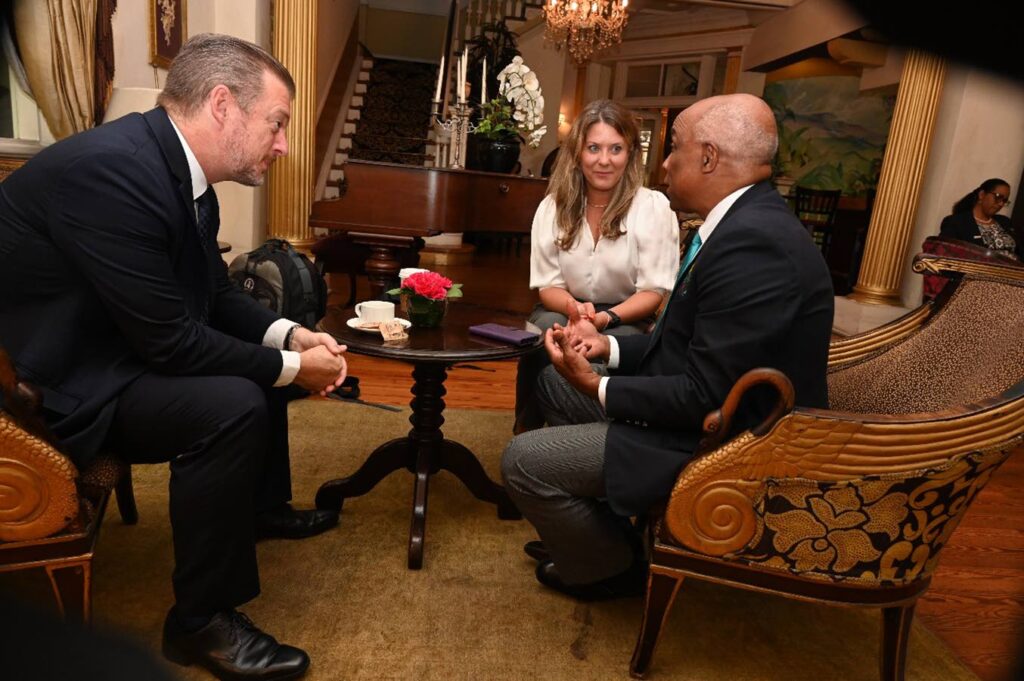
ON a recent official visit to Jamaica, president of the International Paralympic Committee (IPC) Andrew Parsons, in endorsing the work of the Jamaica Paralympic Association (JPA), declared that “Jamaica will be the hub of Caribbean Parasports development.”
The global president’s statement is part of the reality of a historic, grass roots, five-year project which is to be implemented in Jamaica, with a proposal to establish a Paralympic academy as one of the outcomes. Work is to start in earnest when a delegation from the Latin American and Caribbean Development Bank, and Americas Paralympic Committee (AmPC) — the apex body for national paralympic committees (NPCs) in the Americas and Caribbean — arrives in the island next month.
The historic project is under the aegis of the development bank and AmPC, which JPA President and AmPC Executive Board Director Christopher Samuda describes as “a negotiated, bilateral, and visionary partnership for the sustainable development of Jamaica and the Caribbean”.
A policy framework for the movement is a deliverable of the project as well as an infrastructural development plan, which the JPA supports.
“Financing teams, athletes, and coaches in their endeavours at games and tournaments, and equipping them with tools of their trade are very essential elements of sport development. But building out an infrastructure where education and elite physical training are married to modern facilities and are headquartered in the same space is the genetic root of sports development,” Samuda said.
Chairman of the JPA’s Athletes’ Commission and attorney-at-law, Travis Ebanks underscores the importance of the project: “This marks a historic moment for Jamaica and the wider Caribbean. The focus on grass roots development is a powerful investment in the future of Para sports in our region. It represents not just opportunity, but a clear commitment to inclusion, excellence, and regional leadership. The Athletes’ Commission on a whole is proud to be witnessing this bold and historic step forward — and even more excited for what it means for the next generation of Para athletes.”
Some of the project’s objectives include the forging of strategic, intersectoral, and community-based partnerships; establishing Jamaica as a Caribbean Para sport destination; engendering a culture of inclusion and diversity; and modelling a road map for capacity building of athletes and coaches in the Caribbean. These objectives, the partners state, will be achieved while creating greater public awareness of the values and principles of Paralympism and the regional Para movement.
What's Your Reaction?
 Like
0
Like
0
 Dislike
0
Dislike
0
 Love
0
Love
0
 Funny
0
Funny
0
 Angry
0
Angry
0
 Sad
0
Sad
0
 Wow
0
Wow
0






